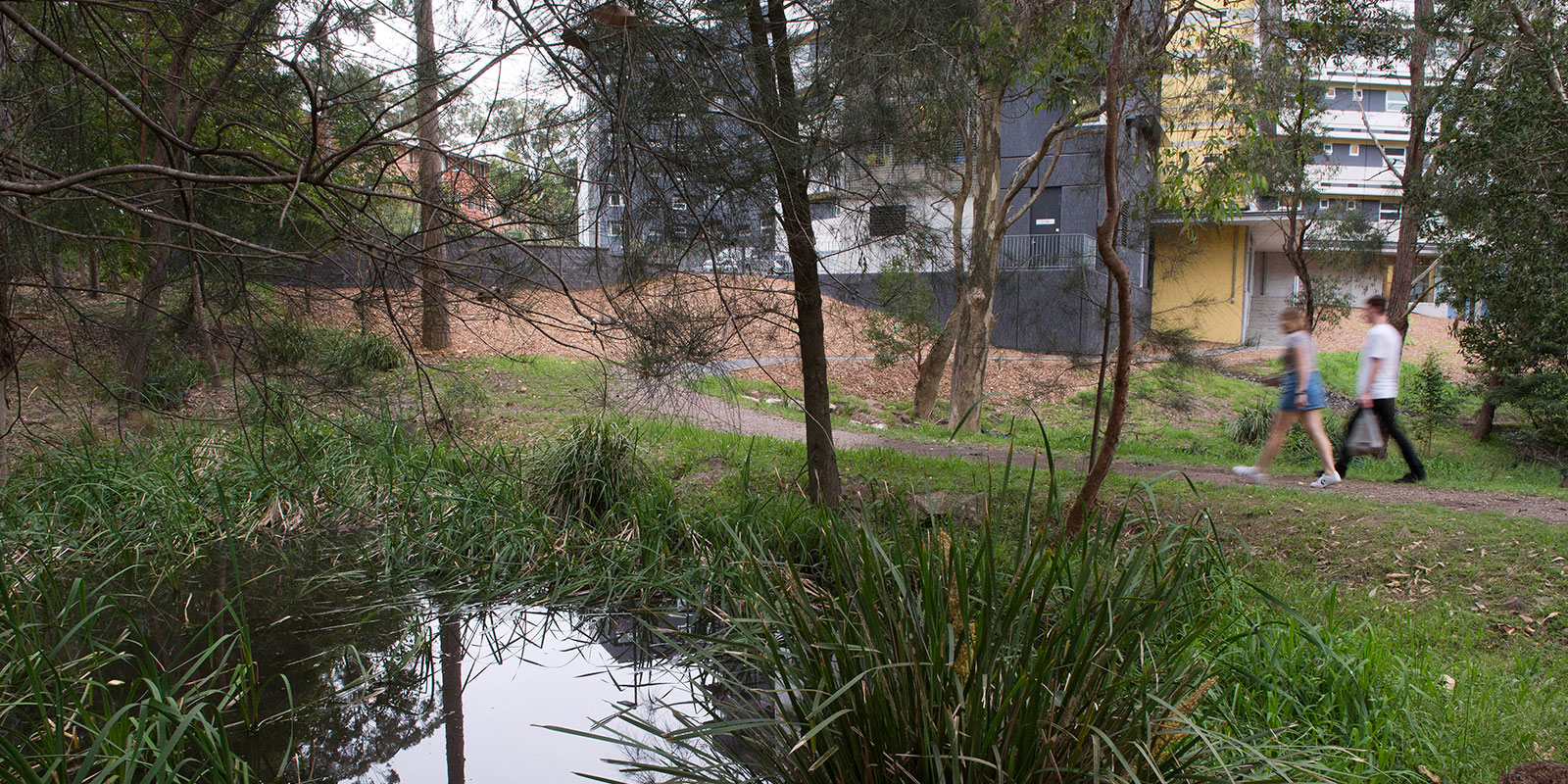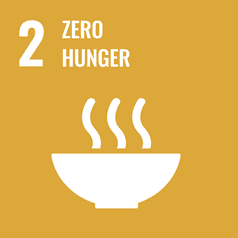

Goal 2:
Zero Hunger
Campus Food Waste Tracking
The University of Newcastle actively measures and manages food waste across its campuses as part of its commitment to sustainability and responsible consumption. Organic food collection bins have been strategically placed in dining areas and food outlets to capture food scraps, coffee grounds, tea bags, and certified compostable packaging. These materials are collected by EarthPower Technologies, an Australian food waste-to-energy company, and converted into nutrient-rich fertiliser and green electricity through anaerobic digestion.
In 2024, the University diverted a total of 27.86 metric tonnes of food and organic waste from landfill across all campuses—a significant contribution to reducing methane emissions and supporting circular economy practices.
The locations of organics recycling bins are available via the interactive campus map, making it easy for students, staff, and visitors to participate in the program.
This initiative is part of a broader strategy to track and reduce food waste generated from university dining services, aligning with the United Nations Sustainable Development Goals and the University's Environmental Sustainability Plan.
Organic Food Waste Tracking
Did you know
The University of Newcastle acknowledges the traditional custodians of the lands within our footprint areas: Awabakal, Darkinjung, Biripai, Worimi, Wonnarua, and Eora Nations. We also pay respect to the wisdom of our Elders past and present.